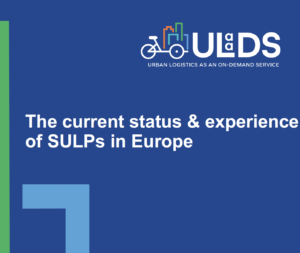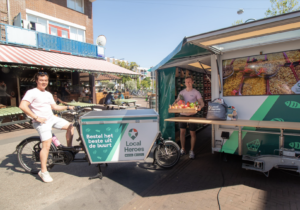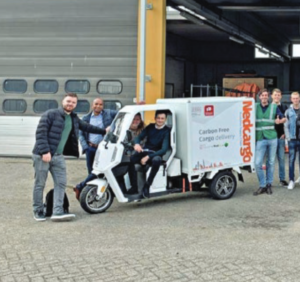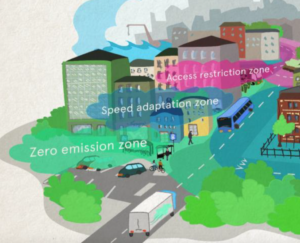EIT Urban Mobility: call for innovation 2023-2025 is open now

The EIT Urban Mobility call for innovation is open now; business plan 2023-2025. In 2021, the Climate Crisis and Covid-19 focused on the pressing need for more action and less reflection on how we can create healthy, liveable, and sustainable cities. The Innovation Programme of 2022 is well placed to help find practical ways to …








